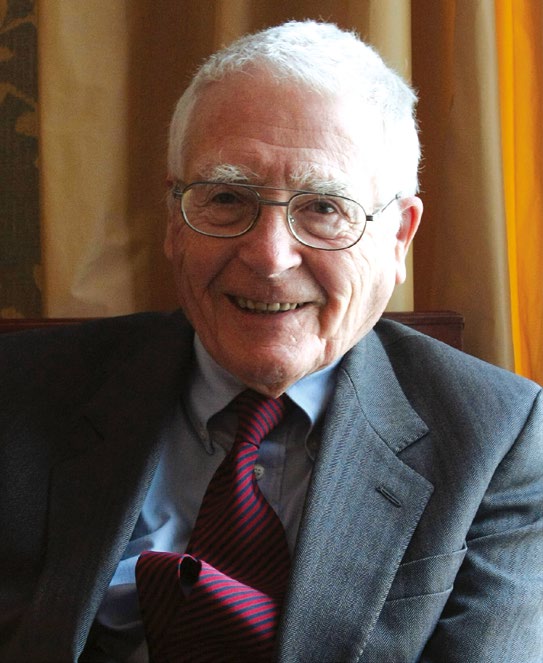WHAT IS THE GAIA HYPOTHESIS?
Ryan McDonald

102-year-old scientist James Lovelock
The Gaia hypothesis refers to the work of scientist James Lovelock, who looked at the feedback mechanisms in the cycles of nature between the inorganic Earth, the atmosphere and the living world. He pointed out that the cycles of things like oxygen, carbon, nitrogen and sulphur, through this ‘biosphere’, are both complex and interrelated. He argued they could be subject to rapid changes in equilibrium if unbalanced. This interacting system could then lead to feedback in the component systems so that within certain thresholds Earth would resist change in a stabilising behaviour in the global system. If pushed it would be subject to ‘tipping points’, leading to changes in global equilibrium.